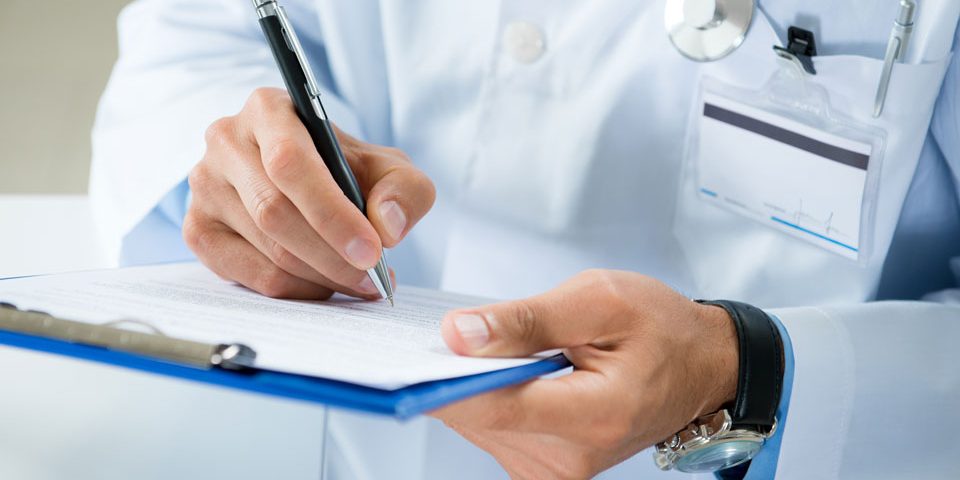What diagnostic tests are required?
Because gas as a symptom may be caused by a serious disorder, tests should be done to rule out specific causes. The doctor usually starts with a history of eating habits and symptoms. He or she may ask the patient to keep a diary of the foods and drinks consumed over a period of time.
If the alleged cause of the gas is lactase deficiency, the doctor may recommend avoiding dairy products for a certain period of time. To diagnose lactase deficiency, blood tests or a breath test are done.
In addition, the doctor may ask the patient to record the number of daily gas expulsions for a certain period of time.
Careful recording of the diet and the amount of gas expelled can help correlate certain foods with certain symptoms and determine the severity of the problem.
As symptoms vary from person to person, the doctor may request other types of diagnostic tests in addition to the physical examination, depending on the patient’s symptoms and other factors.
How is the gas problem effectively addressed?
Experience has shown us that the most common ways to reduce the discomfort caused by gas are changing your diet, taking medication and reducing the amount of air you inhale.
Diet
A doctor may recommend that patients eat fewer gas-inducing foods. However, for some people this may mean excluding healthy foods, such as fruits and vegetables, whole grains and dairy products.
The doctor may also recommend reducing high-fat foods to reduce bloating and discomfort. This helps the stomach empty more quickly, allowing gas to move into the small intestine.
Unfortunately, the amount of gas caused by certain foods varies from person to person. Effective dietary changes depend on learning through trial and error to determine how much intolerant food one can eat without a problem.
Over-the-counter medicines
Many over-the-counter medications are available to reduce symptoms, including antacids with simethicone. Digestive enzymes, such as lactase supplements, actually help digest carbohydrates and allow people to eat foods that normally cause gas.
Antacids, such as Aludrox, Maalox II and Simeco, contain symethicone, a foamy ingredient that joins gas bubbles in the stomach so that gas is more easily released. These drugs, however, have no effect on intestinal gases. The dose depends on the type of medication and the age of the patient.
Charcoals activated charcoal tablets may also provide relief from colon gas. Research has shown that when these tablets are taken before or after a meal, intestinal gas is significantly reduced. The usual dose is 2 to 4 tablets just before or one hour after a meal.
The enzyme lactase, which helps digest lactose, is available in syrup form or in tablets as an over-the-counter medicine. (Lactaid, Lactase, and Dairy Ease). Adding a few drops of liquid lactase to milk before swallowing it, or chewing lactase tablets just before eating a meal, helps digest foods containing lactose. Lactose-reduced milk and other products (Lactaid and Dairy Ease) are also available on the market.
Beano, a new over-the-counter digestive medicine, contains the enzyme that breaks down the sugar that the body lacks to digest the sugar found in beans and many vegetables. The enzyme is prepared in liquid form and is taken by adding 3 to 10 drops per meal just before eating a meal to break down gas-inducing sugars. Beano has no effect on lactose- or fibre-induced gas.
Prescription drugs
The doctor may prescribe medications to reduce symptoms, especially in patients who have irritable bowel syndrome.
Reducing the amount of air we swallow
For those who have chronic belching, doctors may recommend ways to reduce the amount of air we swallow. Recommendations say to avoid chewing gum and eating hard candy. In addition, eating meals slowly and having your dentures checked by a dentist to determine if they are properly fitted can help.

